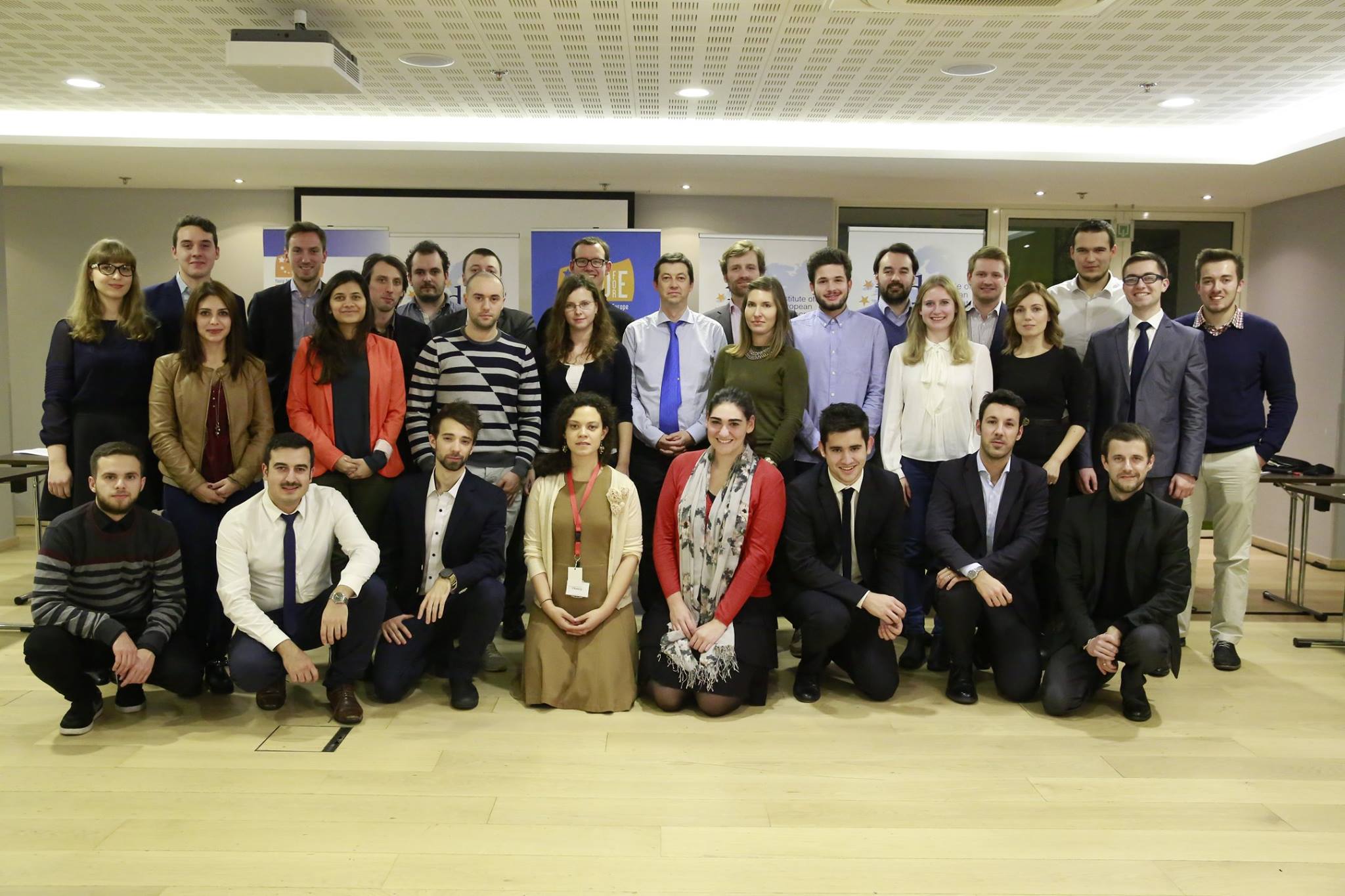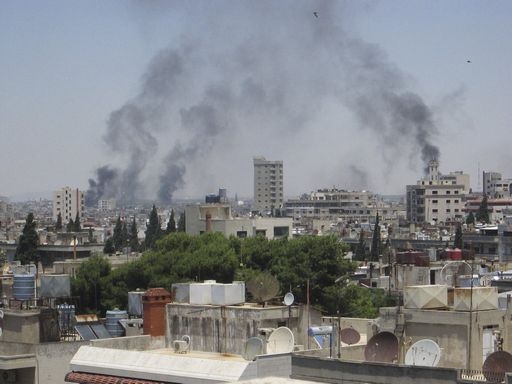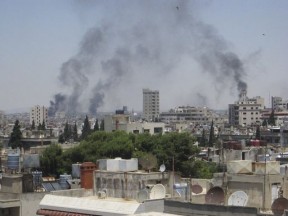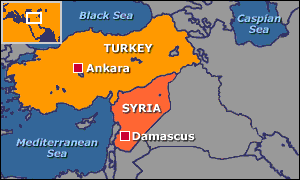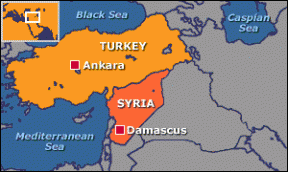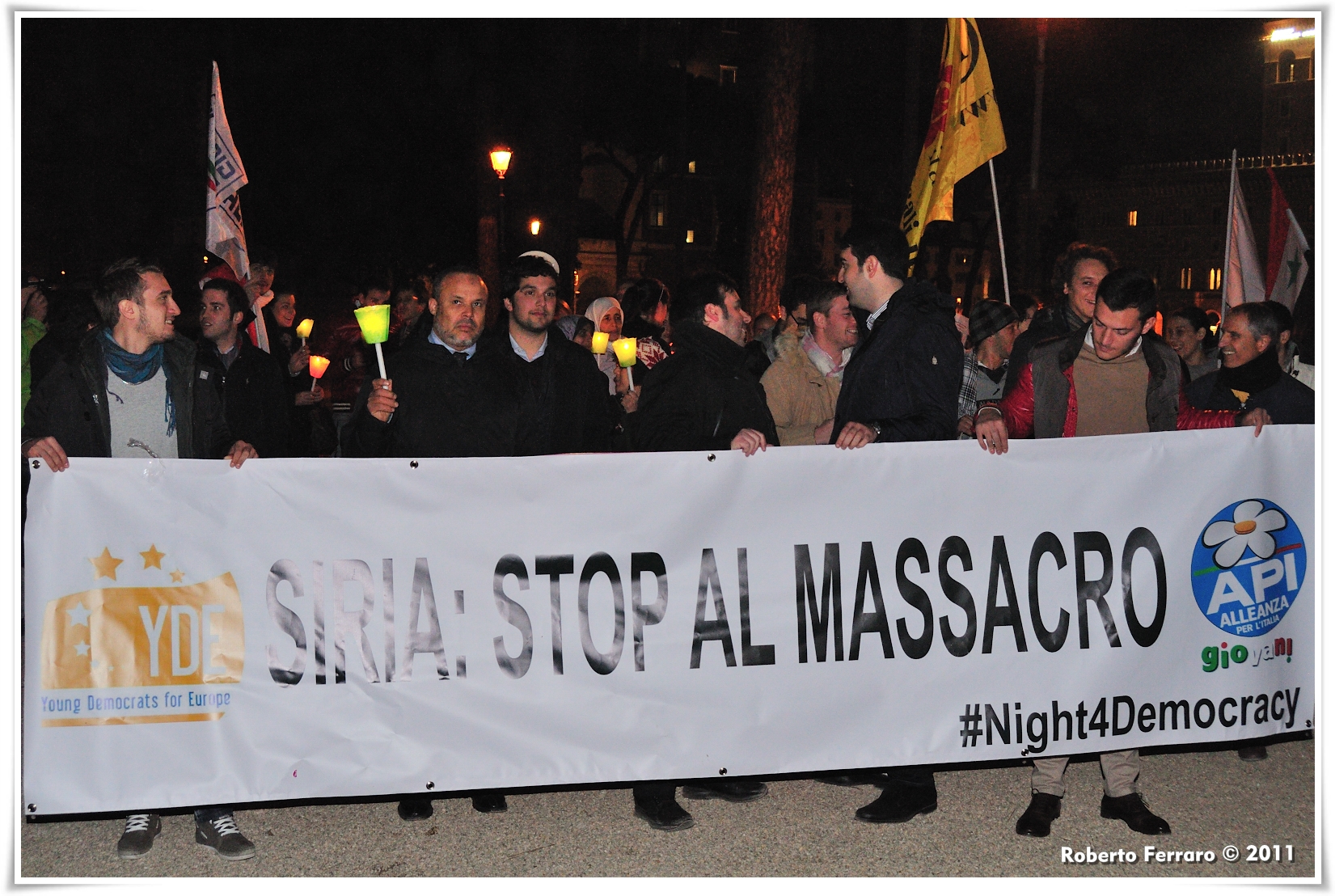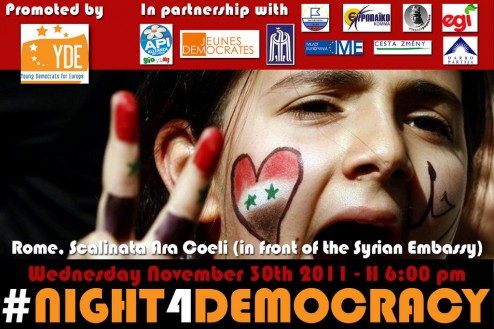Beyond the gloomy present: your Democratic impulse! – IED/YDE Winter Academy
This first IED/YDE Winter Academy Edition gathered in Brussels about 30 young centrists from all over Europe.
Speakers with various backgrounds and responsibilities participated in making this event interesting, lively and a general success. Amongst these speakers were François Pauli (deputy Secretary General of the ALDE Group), François Lafond (member of the Scientific Committee of the IED), Claude Rolin (Belgian MEP), Henri Malosse (Former EESC president), as well as young experts such as Marinella Davide, Wilhelm Bargum, Stepan Berko, Mihai Sebe, Jeremy Van Gorp, and Mathieu Baudier.
IED/YDE Winter Academy – Dec'15 – Beyond the gloomy present: y…
What do more than 30 young Centrists do just a week before Christmas? Reflect, exchange, learn and plan on a brighter future for Europeans and #Europe
Posted by Young Democrats for Europe (YDE) on Tuesday, 29 December 2015
The European Union is facing one massive challenge and all the participants agreed on it: the EU has nearly no budget and is facing great adversity and expectations both internally and externally. The EU’s Budget – 1% of the EU-28’s Gross National Income (just a little bit above Hungary’s GNI) – is far too small for 508 million Europeans. With 75% of its expenditure going to the Common Agricultural Policy and the Regional Cohesion Policy, there is very few left to tackle tremendous crises and challenges at a continent scale such as those currently faced by the EU.
We understand that we need more Europe where it is necessary to tackle those challenges. However, the current organisation of European institutions and the Eurosceptic climate in Europe is a break we, Democrats, will have to handle.
Improving our messages and how the EU is functioning are the only ways to tackle challenges such as youth unemployment, which is “a cancer for our societies”, as Claude Rolin explained. A dematerialised economy and politicians understanding what it means for someone to be unemployed for several months or years are one of the key issues Europe needs to address.
Our internal challenges should not make us forget about external challenges, those just happening at and within our borders. We need to rethink the way we approach the Eastern partnership considering the current and the potential future geopolitical situation. We need to support Democrats where they are, battling for a better, independent, society, just like in Ukraine.
No practical solution can be found without values. Solidarity was exuding from our different talks. Solidarity between citizens after the recent terrorist attacks, solidarity with smaller countries threatened by climate change, solidarity with youngsters who thrive to integrate, solidarity between Member States in tackling the refugees’ crisis.
It is crystal-clear that European Union members have not found the answer yet to handle the refugees’ crisis following a truly humanist path regarding refugees and migrants; nor in a fair way for Member States such as Greece, Italy or Spain which have been asked to handle on their own a region-wide situation, or Germany and Sweden showing solidarity for all others. Fighting opposition one by one is the best way to fail and fall one by one.
While the present does look gloomy, it is not too late to avoid more deadlocks. But solutions will not happen without everyone’s contribution and it is about time to roll up our sleeves.
Special thanks to Eimys Ortiz and Mathieu Camescasse for making it happen.
—

